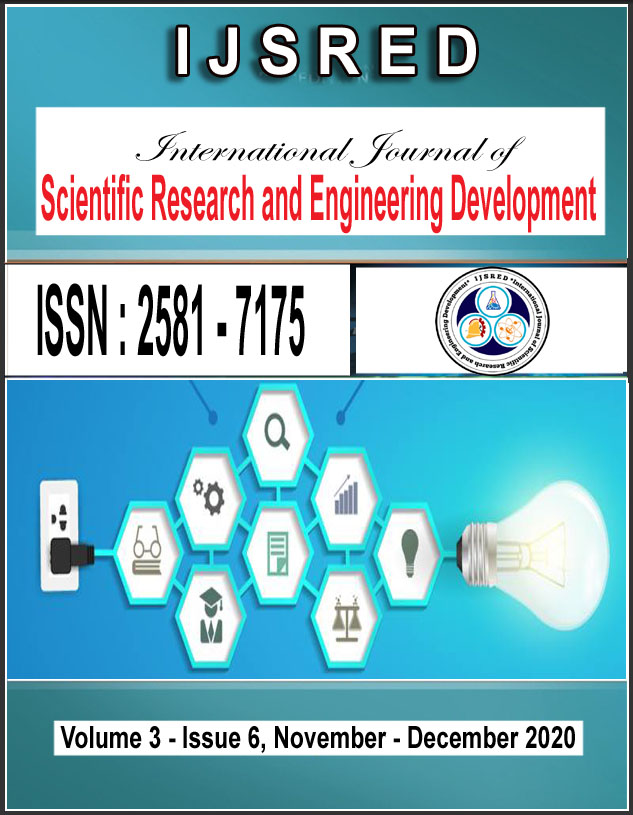 |
International Journal of Scientific Research and Engineering Development( International Peer Reviewed Open Access Journal ) ISSN [ Online ] : 2581 - 7175 |

A Study on New Product Development in Indian Manufacturing Industries
 |
International Journal of Scientific Research and Engineering Development (IJSRED) | |
| Published Issue : Volume-3 Issue-6 | ||
| Year of Publication : 2020 | ||
| Unique Identification Number : IJSRED-V3I6P49 | ||
| Authors : Sumit Shandilya, Surendra P. Tiwari, Gyanabrata Lahkar | ||
Abstract :
Based on the role of New Product Development process (NPD) in the Indian Manufacturing Industries and the importance of various stages that make up the process. New Product Development deals with the whole practice of creating a new product (or process) or improvements in existing products and the commercialization of existing products- a means to attain competitive advantage. New Product Development has a very vast literature discussing its history and its stages and can be considered as a practice related to both the fields of Business and Engineering and has gained a lot of incentive as being a crucial part of Industry 4.0- along with practices such as Six Sigma, Change Management, Lean Manufacturing, Supply Chain Management and more. The Manufacturing Sector is considered the backbone of economic growth in many developing countries. The recent boom in start-ups and the promise of a bright future for MSMEs (Micro, Small and Medium Enterprises) in India has gained a lot of focus. Various incentives had been introduced to promote the Manufacturing Sector. A survey questionnaire was prepared that considered the various stages of New Product Development processes, the challenges that the Indian Manufacturing Industries face and the views of industry professionals, academics and students regarding the above topics were collected and analyzed. Discussions and conclusions were derived from the questionnaire data.
